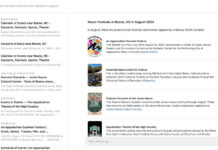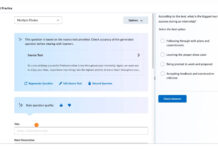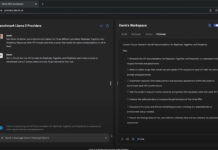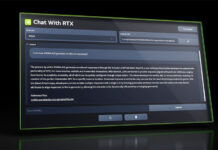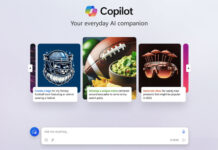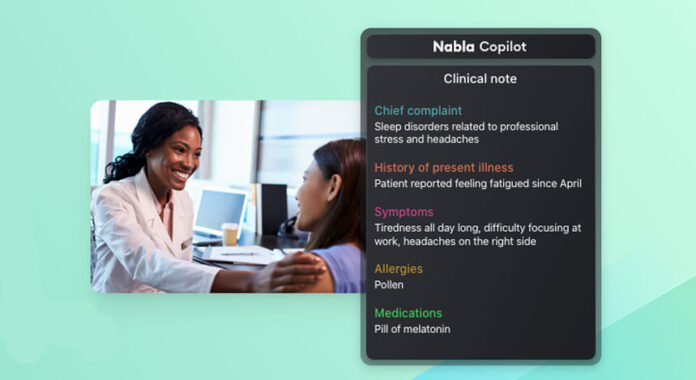IBL News | New York
Nabla, a French start-up that develops AI copilots for doctors and medical staff, reached a valuation of $180 million following a fundraising of $24 million in Series B funding.
The round, led by Cathay Innovation, with participation from ZEBOX Ventures, came a few months after Nabla signed a large-scale partnership with U.S. healthcare giant Kaiser Permanente, and now it is actively used by thousands of doctors.
Nabla’s main copilot has been described by the company as “a silent work partner that sits in the corner of the room, takes notes, and writes medical reports.” It can help doctors save time on admin work so that they can be more focused on patients.
Essentially, when a physician starts a consultation, he hits the start button in Nabla’s interface, forgetting about their computer. It uses real-time speech-to-text technology to turn the conversation into a written transcript. Nabla uses a combination of a speech-to-text API from Microsoft Azure and its technology based on the open-source Whisper model.
The tool works with both in-person consultations and telehealth appointments.
It uses an LLM refined with medical data and health-related conversations to identify the important data points in the consultation — medical vitals, drug names, pathologies, etc.
At the end of the consultation, the system generates a thorough medical report with a summary of the consultation, prescriptions, and follow-up appointment letters.
The report can be personalized by the doctor, with instructions to be more concise or verbose, along with notes that follow the Subjective, Objective, Assessment, and Plan (SOAP) pattern, widely used in the U.S.
Physicians have a final say as they can edit reports before they are filed in their electronic health record system (EHR).
Nabla is currently available as a web app or a Google Chrome extension.
The Paris-based company ensured TechCrunch that it is on track to process more than 3 million consultations per year in three languages.
.

